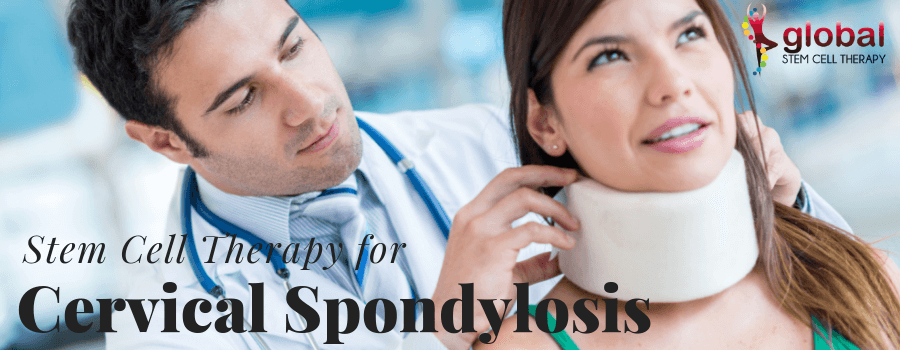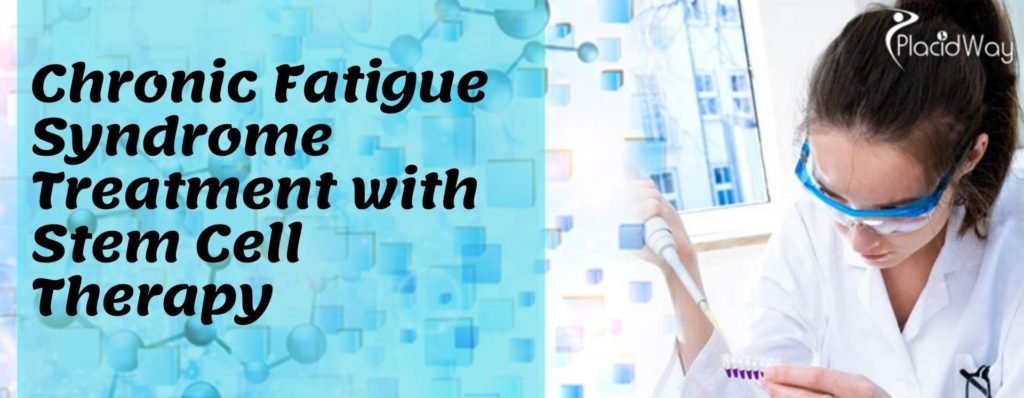
Regenerative Medicine for Cervical Spondylosis
Table of Content
Regenerative medicine is a field of medicine that focuses on using the body’s own repair mechanisms to heal damaged tissues and organs. It involves the use of various therapies, such as stem cell therapy and platelet-rich plasma (PRP) therapy, to stimulate the body’s natural healing processes. Some people believe that regenerative medicine may be a promising treatment option for cervical spondylosis, a condition that occurs when there is wear and tear on the cervical spine.
While the research on the use of regenerative medicine for cervical spondylosis is still in the early stages, some studies have suggested that these therapies may be able to improve symptoms and function in people with this condition. It is important to note that more research is needed to fully understand the effectiveness and potential risks of regenerative medicine for cervical spondylosis.
What is Cervical Spondylosis?
The cervical spondylosis is an age-related disorder, and it affects the spinal disks of our neck. The disease occurs when the neck disks dehydrate and shrink. The disorder can worsen with age if it is not diagnosed and treated with the right solutions. People over 60 years of age are very susceptible to develop cervical spondylosis. However, most people do not experience any symptoms at early stages, but when diagnosed it can be treated with nonsurgical treatments.
Causes and Symptoms of Cervical Spondylosis
Most of the common cause of cervical spondylosis disorder is dehydrated discs and herniated discs. Bony projections that are also known as bone spurs can also cause the disease. Apart from this, one can develop the disease in older age due to stiff ligaments. The key symptoms of cervical spondylosis include:
- Hard pain around the neck
- Stiffness in the neck
- Numbness and weakness in several body parts including hands and legs
- Loss of bowel control
- Difficulty in several movements
Stem Cell Treatment for Cervical Spondylosis
The stem cell therapy is one of the most effective and nonsurgical solutions for cervical spondylosis. The stem cell therapy can reduce inflammation and decrease nerve compression. The therapy can reduce pain as well as the possibility of surgical interventions.
According to orthopedics, advancement in the stem cell treatment has made it possible for doctors to treat diseases like cervical spondylosis. People seeking stem cell therapy for the disease should go through a proper diagnosis conducted by spine surgeons. Following the diagnosis, doctors can make decisions about if the person is suitable to receive the treatment.
The process of harvesting stem cells from a patient’s body varies from clinic to clinic. After collecting and concentrating the stem cells, specialists apply them directly to the damaged area. Experts collect different types of stem cells from different sources including blood, bone marrow, and fat tissues and they are concentrated with various growth factors like human growth hormones. These substances stimulate the stem cells and help them to repair the damaged spinal disks.
The Cost of Stem Cell Therapy for Cervical Spondylosis
Authorities in the United States have not approved the stem cell treatment yet, but if they do, then the cost for the cervical spondylosis will be $25,000-$50,000. The price for the same stem cell therapy in China will cost you $40,000, while Latin American country Mexico is offering the same treatment at around $25,000. Many central European countries are providing stem cell treatment for cervical spondylosis at a competitive price.
There is no scarcity of clinics across the world offering stem cell therapy. However, patients should prefer accredited and experienced doctors to receive the treatment. The doctors should be trained and certified by a recognized body.
FAQs About Stem Cell Therapy for Cervical Spondylosis
Here are some common questions and answers about stem cell therapy for cervical spondylosis:
Is stem cell therapy effective for cervical spondylosis?
There is limited research on the use of stem cell therapy for cervical spondylosis, and more studies are needed to determine its effectiveness. Some early studies have suggested that stem cell therapy may be able to improve symptoms and function in people with cervical spondylosis, but more research is needed to confirm these findings.
How is stem cell therapy administered for cervical spondylosis?
Stem cell therapy for cervical spondylosis is typically administered through an injection directly into the affected area of the neck. The stem cells may be mixed with a special solution or may be injected in their pure form. The procedure is typically performed in a healthcare provider’s office or clinic, and only takes a few minutes to complete.
Are there any risks or side effects associated with stem cell therapy for cervical spondylosis?
There are some potential risks and side effects associated with stem cell therapy, including infection, bleeding, and allergic reactions. It is important to discuss these potential risks with a healthcare provider before deciding to undergo stem cell therapy. In addition, stem cell therapy is still considered to be an experimental treatment, and the long-term effects are not fully understood.
Is Regenerative Medicine for Cervical Spondylosis covered by insurance?
It is generally not covered by insurance. The use of regenerative medicine for cervical spondylosis is still considered to be experimental, and many insurance companies do not cover experimental treatments. It is always important to check with your insurance provider to determine what is covered under your specific plan. In some cases, you may be able to get coverage for certain types of regenerative medicine treatments if they are deemed medically necessary and are being used to treat a specific condition. However, it is important to note that coverage decisions can vary widely and are often dependent on the specific policies of the insurance company.
To learn more about the stem cell therapy for cervical spondylosis and the best places and stem cell clinics to receive the treatment, contact us now.






